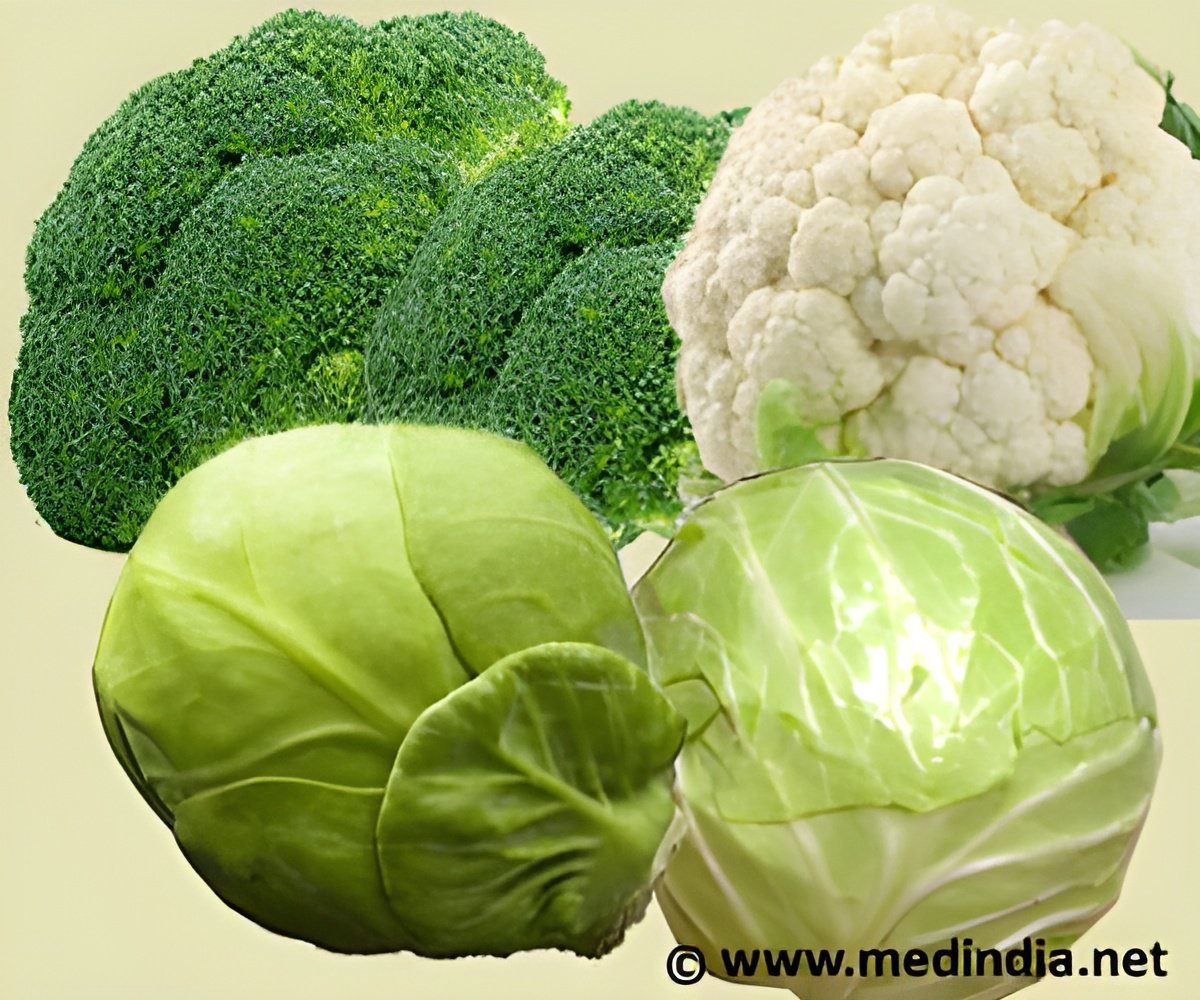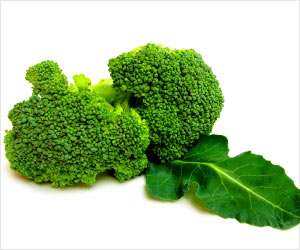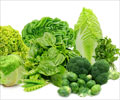A compound found in broccoli called as nicotinamide mononucleotide could help delay the typical signs of aging by boosting metabolism and energy levels.

- A natural compound found in vegetables may hold the key to fighting aging.
- Supplementation of NMN (nicotinamide mononucleotide) can slow down the signs of aging.
- Foods such as broccoli, cabbage, cucumber, edamame and avocado contain NMN.
“Since human cells rely on this same energy production process, we are hopeful this will translate into a method to help people remain healthier as they age,” said Shin-ichiro Imai, Professor at Washington University, St. Louis.
Supplementation of NMN has long-term benefits in skeletal muscle, liver function, insulin sensitivity, bone density, eye function, immune function, body weight and physical activity levels. NMN increased energy metabolism by improving the function of mitochondria - a powerhouse of the cell.
Aging mice gained less weight even as they consumed more food. This is because NMN boosted their metabolism and generated more energy for physical activity. The researchers also found that NMN supplementation led to improved insulin sensitivity, better functioning of the retina and increased tear production.
However, the effect of NMN supplementation was not observed in young mice, probably because they are making plenty of their own NMN, said the researchers. Mice that drank NMN dissolved in water had NMN in its bloodstream in less than three minutes. NMN in the blood is converted to NAD in multiple tissues, reducing the signs of aging.
The study was published in the journal Cell Metabolism.












